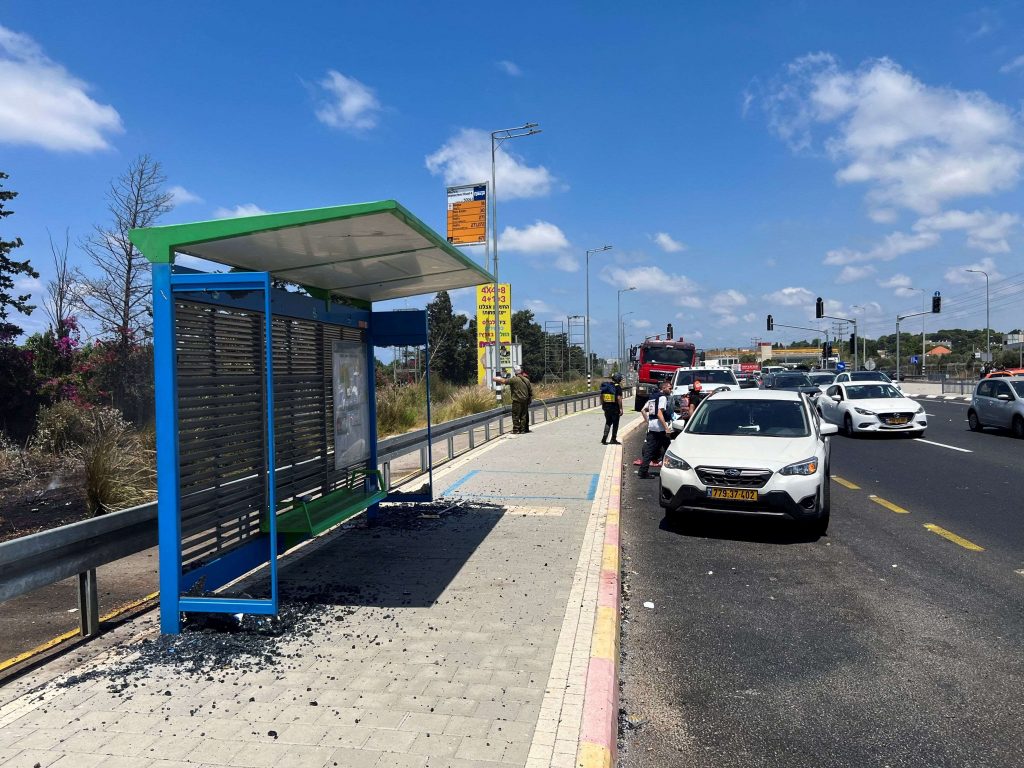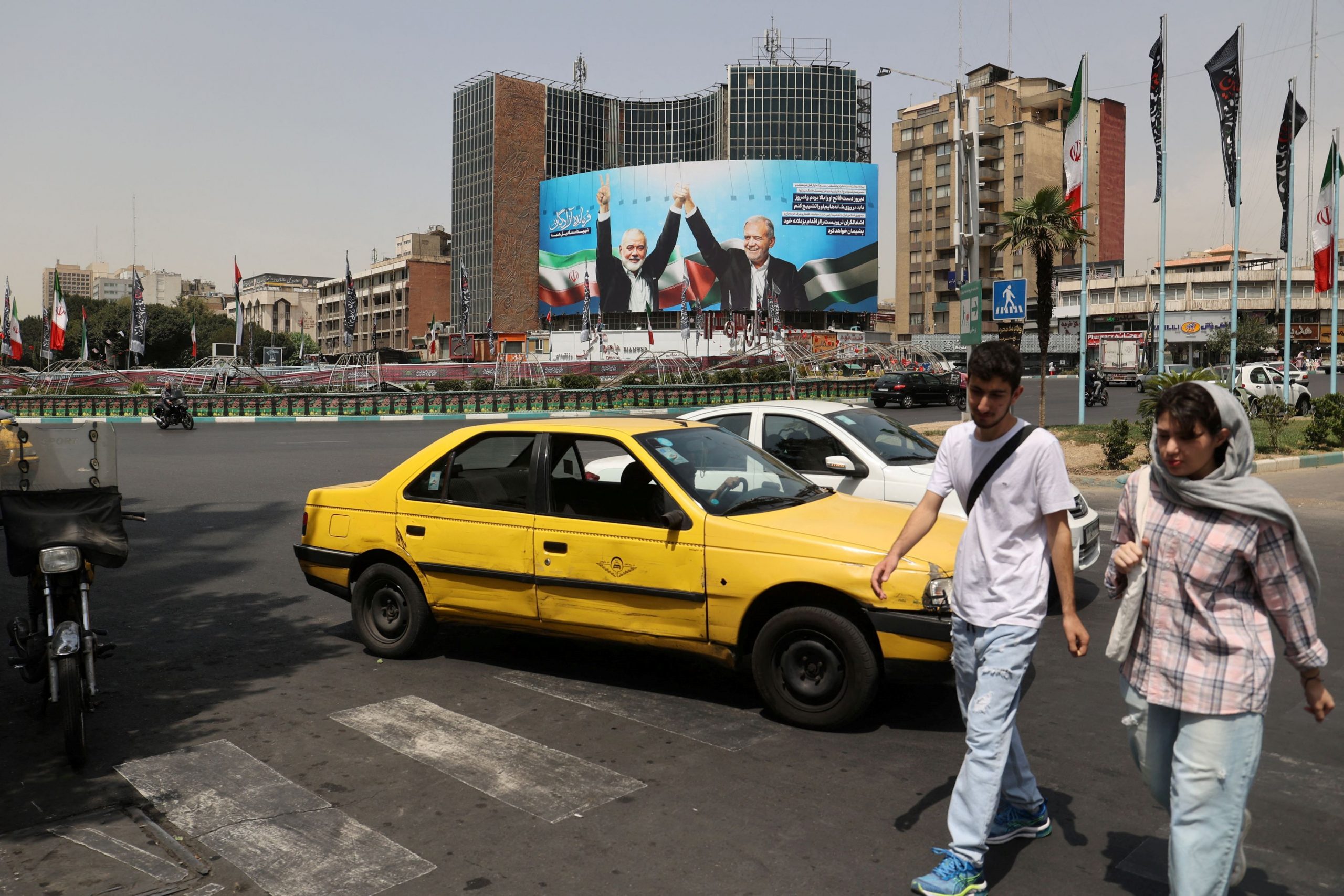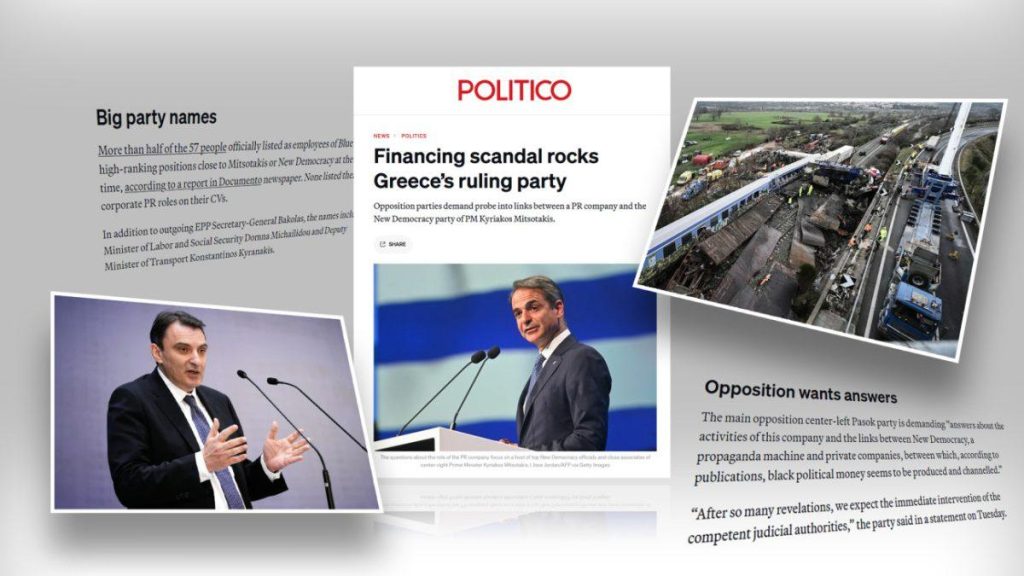It’s been more than a week since Hamas political leader Ismail Haniyeh was assassinated in a government guesthouse in Tehran, allegedly by the Israeli secret services. The timing, place, and method of the killing leave Iran with no choice but to retaliate. It’s less of an if type of question than when and in what way the retaliation will occur.
Tehran would most likely prefer not to be in this situation. No sane person in Iran, even among the hardliners elites, would want to risk an all-out war with Israel. The latter is technologically superior, deploys a battle-hardened army, has a clear advantage in the skies, and enjoys the full support of the United States. On the other hand, Iran cannot say the same about its own powerful allies. In case of war, it is hard to imagine China stepping in to back Iran offering anything more than tacit diplomatic support. Similarly, it is not likely that Russia will have the will and, even more importantly, the wherewithal to aid Iran militarily while being entangled in its own war in Ukraine. Moreover, the new Iranian government of reformist Masoud Pezeshkian has hinted an intention to improve relations with the West and focus on addressing some of the grievances of the Iranian people. A full-blown war with Israel would derail these designs, while putting the leadership in Tehran in existential peril.
However, Iran cannot swallow an attack on its soil. Letting the assassination of Haniyeh go unanswered would create a precedent of Iranian weakness undermining its already wobbly deterrence. Besides, the attack was orchestrated in such a way that Iran be humiliated. The short-range projectile that killed Haniyeh was smuggled into his room two months ago, a fact that almost certainly points to Iranian insiders who helped the perpetrators carry out the plan. Further, Haniyeh could have been murdered somewhere in Qatar, Turkey, or even while traveling, and not in a government compound in the heart of Iran’s capital on the first day of the newly elected President’s term. These details show that Haniyeh’s assassination was a message that Iran cannot feel secure. Hence, Tehran might feel obligated to retaliate. But it has a choice of when and how it will do so.

FILE PHOTO: A view of an Iron Dome anti-missile battery on an Israeli Saar-6 corvette warship off the shore of Haifa, amid heightened hostilities between Hezbollah and Israel, northern Israel, August 1, 2024. REUTERS/Ammar Awad/File Photo
Since averting a regional conflict is in Iran’s best interests, Tehran is not likely to target civilians in Israel or attempt to inflict unprecedented damage. A choreographed attack akin to what we saw on April 13 might be in Iran’s repertoire anew, launched either by the Revolutionary Guards Corps (IRGC) alone or in concert with Iran’s regional allies, notably Ansal Allah, Hezbollah and the Shia militias in Iraq. Then, almost all of the Iranian rockets and drones were taken down before they reached Israel. No casualties or significant damages on infrastructure were recorded. The Israeli and US defenses along with a coalition of uncommon allies (Saudi Arabia, Jordan) effectively staved off the Iranian attack, which took place twelve days after Israel bombarded the Iranian consulate in Syria prompting Tehran’s response. Like then, Iran might be holding off its retaliation to give enough time to its enemies to prepare their defense so that its attack has a downsized impact. Iran needs a response that is flamboyant enough to draw global attention but not too ruinous to trigger Israel’s unbridled wrath.
The delay in Iran’s retaliatory strike may also serve two other purposes. First, Iran wants to rattle Israel. Tel Aviv knows that Tehran will respond but lives in the constant fear of when and from what direction the strike will come. The psychological toll of this lingering anxiety on the Israeli people and leadership is a form of punishment that Iran deliberately contrives. Second, Iran might be looking to extract side payments from its allies, the Arab world or the United States in exchange for a much more calibrated retaliation against Israel.
If Iran decides to muffle its response, two overlooked factors afford Tehran the necessary leeway to do so dodging criticism from Hamas or Iranians who might expect a stronger retaliation. For starters, Israel has not claimed responsibility for Haniyeh’s death. Further, the target was hit in Tehran but it was an Iranian ally and guest and not an Iranian political or military commander. These facts might sound as fixation on insignificant semantics that do not alter the astounding reality that Israel planted a bomb in Iran’s center of gravity. Nevertheless, these details are enough for Iran to shape a justifying narrative for a mitigated response, which, absent these two factors, would be almost impossible to construct.
Meanwhile, Israel is living another ‘waiting period’ (tekufat hahamtana)- the second in five months- anticipating the inevitable. Angst has spread over the country with many Israelis stocking up on bottled water and canned tuna in preparation for the imminent attack. In almost every other country in the world, these would be signs of panic. In embattled Israel, where periods of uninterrupted peace are not the rule but the exemption in its 76-years long history, Israelis have learned to befriend uncertainty and coexist with anxiety. But the more fear lingers the more prone Israel becomes to act spasmodically. Voices within the country that favor a pre-emptive strike against Iran are increasing as the days go by harkening back to the Six Days War in 1967 when Israel delivered a pre-emptive blow to the Egyptian airforce which proved decisive for the victory. For now, PM Netanyahu does not seem to entertain such suggestions. Besides, he knows that this would further alienate Israel’s supporters and almost surely lead to a downward spiral of bloodshed with regional and global ramifications for everyone. As the agitation rises, however, no one can exclude an erratic decision from Netanyahu.
In some instances, the experienced Israeli PM has showed that he values his political survival more than the prospect of peace. Take the barrage of the recent high-profile assassinations. In a bid to send a strong message to Israel’s adversaries, Netanyahu endorsed the killings of Hamas military commander Mohammed Deif, Hezbollah senior commander Fuad Shukr, and Hamas political leader Ismail Haniyeh, all of which taking place in the span of twenty days. Symbolically, the assassinations might have succeeded as they bore testament to Israel’s resolve and far-reaching operational capacities, while wounding the prestige of its rivals. Their strategic value though is rather questionable.

Damage to a bus stop, after Lebanon’s armed group Hezbollah said it launched a swarm of attack drones against military targets in northern Israel, in Nahariya, northern Israel, August 6, 2024. REUTERS/Avi Ohayon
Not only did the murders not disorganize or dishearten Israel’s enemies but they perhaps radicalized the Palestinian people and further hardened Hamas and Hezbollah. For example, Hamas’s new political leader is more hawkish than Haniyeh and widely known as one of the October 7 massacre planners. Further, Netanyahu has managed to enrage his three main enemies simultaneously with joint action against Israel being discussed more than any other time in the war. Haniyeh’s assassination has also put a strain on the US-Israel relations. With this strike, Netanyahu left his most important ally in the dark, torpedoed the ceasefire talks, and dimed the prospects for the long-awaited US-Saudi deal, a flagship agreement for Biden who’s looking for a Middle East victory before he leaves the Oval Office.
Additionally, Israel’s international image has taken another blow. For Tel Aviv, killing terrorists who might have had even an implicit connection to the October 7 attack is the end of discussion. But what the world saw was the assassination of an active political leader amid peace negotiations with parallel blatant encroachment on the territory of a sovereign country. Top this off with the 40,000 dead people in Gaza and there is no wonder why Israel’s sympathizers around the globe, who recognize its unequivocally legitimate right to self-defense, might grow disenchanted with Netanyahu’s recent calls.
*Vasilis Petropoulos is a Washington-DC based international relations analyst. He holds a Master’s degree in Law and Diplomacy with a focus on International Security and Great Power Competition from the Fletcher School at Tufts University. His work on geopolitics, conflict resolution, and great power politics has appeared, among others, in Foreign Brief, the Washington Institute for Near East Policy, Foreign Affairs, and The Warsaw Institute of Geopolitics. Mr. Petropoulos is also a Research Fellow at the Hellenic Institute of Defense and European Policy.



